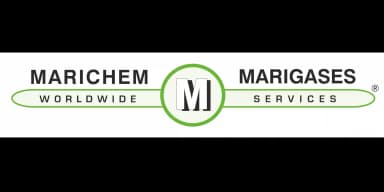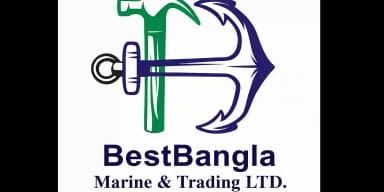Displaying 10 out of 18 suppliers
Chemicals
Supplier specification
Marine Chemical Dosing Systems Suppliers
Precise chemical dosing is essential for the safe and efficient operation of modern vessels. From treating boiler feed water to disinfecting greywater and conditioning fuel, chemical dosing systems play a vital role in maintaining system health and preventing costly breakdowns. These systems ensure that chemicals are introduced at the right concentration, at the right time, and in the right place.
Across shipboard operations, dosing systems help control corrosion, reduce scaling, manage pH levels, and keep equipment running smoothly. Whether used in freshwater generation, wastewater treatment, or fuel handling processes, proper dosing isn’t just good practice - it’s critical for regulatory compliance, crew safety, and long-term vessel performance.
That’s why working with reliable chemical dosing equipment suppliers is so important. Quality systems minimize manual intervention, ensure repeatable dosing accuracy, and often include advanced safety features to reduce human error and chemical exposure.
Types of Marine Chemical Dosing Systems
Onboard chemical dosing systems support critical processes across nearly every area of vessel operations. Built for durability and precision, they help keep systems running safely, prevent damage, and ensure environmental compliance. Below are the main types used in the marine sector and where they’re typically applied:
- Boiler Water Dosing Units: Used to inject scale inhibitors, oxygen scavengers, and corrosion control chemicals directly into boiler feed lines. Proper dosing protects internal components, supports heat transfer efficiency, and helps vessels stay within international standards.
- Cooling Water Treatment Systems: These units add conditioning chemicals to engine cooling circuits and HVAC loops to prevent fouling, corrosion, and microbial growth. Many are automated with pH or conductivity monitors to keep dosing levels consistent.
- Ballast Water Chemical Injection Systems: In vessels using chemical disinfection (rather than UV or filtration), dosing units apply approved substances such as sodium hypochlorite to neutralize invasive species before discharge.
- Sewage and Greywater Dosing Equipment: Commonly used in marine sanitation systems to dose disinfectants or pH balancers into treated wastewater. Depending on setup, systems may use chlorine-based solutions or eco-friendly biological agents.
- Fuel Additive Dosing Systems: Designed to blend stabilizers, detergents, and combustion enhancers into marine fuel before engine use. This improves combustion quality, reduces residue buildup, and supports cleaner engine operation.
- Potable Water Treatment Units: Smaller dosing pumps that sanitize drinking water with chlorine or similar agents. These are essential for health and hygiene onboard, especially on vessels with large crews or passengers.
Each system plays a different role but shares a common goal: improving performance and reducing operational risks. Working with experienced chemical dosing system suppliers helps ensure the equipment is correctly matched to the vessel’s needs and built for long-term use at sea.
Key Features to Look for in Marine Chemical Dosing Equipment
Choosing the right dosing equipment isn’t just about chemical compatibility - it’s also about reliability, safety, and ease of integration into existing shipboard systems. Marine environments place unique demands on equipment, so attention to quality and design can make all the difference in long-term performance.
Below are some of the most important features to look for when evaluating marine chemical dosing systems:
- Corrosion-Resistant Construction: Materials like PTFE, PVDF, or stainless steel are ideal for handling aggressive chemicals.
- Compact and Modular Design: Space is always tight onboard. Look for dosing units with a small footprint and modular options for easy installation or upgrades.
- Flow and Pressure Regulation: Precision control valves and flow meters help maintain stable dosing rates, even when system conditions fluctuate.
- Built-in Safety Alarms: Leak detection, dry-run protection, and overpressure shutdowns reduce the risk of equipment failure or chemical exposure.
- Automatic Dosing Controls: Integrated controllers with programmable logic allow for timed dosing, proportional injection, or sensor-based automation.
- Clear Calibration and Monitoring Interfaces: Systems with visible indicators, digital readouts, or remote monitoring simplify maintenance and improve accuracy.
- Chemical Compatibility: The unit should be suited to the specific chemical formulation - whether it’s acidic, caustic, or neutral - to prevent premature wear or dosing errors.
- Certifications and Marine Approvals: Reputable systems meet international marine standards such as DNV, ABS, or Bureau Veritas certification.
Some of the widely used brands in the maritime dosing segment include Grundfos, SEKO, Prominent, and Lutz-Jesco. These manufacturers are known for delivering dependable chemical dosing equipment across vessel classes and treatment applications.
Finding the right chemical dosing systems for your vessel comes down to experience and access. With different formulations, configurations, and compliance standards to consider, the process can quickly become overwhelming - especially when dealing with multiple suppliers across regions.
That’s where Records Marine can help. Our platform connects you with trusted chemical dosing equipment suppliers and manufacturers from around the world - each vetted for quality, compliance, and maritime expertise. From compact automated units to full-scale dosing stations, you can compare options side-by-side and find suppliers who meet your technical and operational requirements.
Take a look through our curated listings to find chemical dosing system suppliers trusted by professionals across the industry.
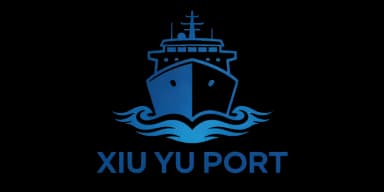
Year Founded: 2022

Year Founded: 1992
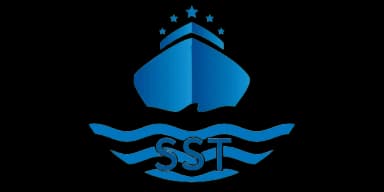
Year Founded: 2018
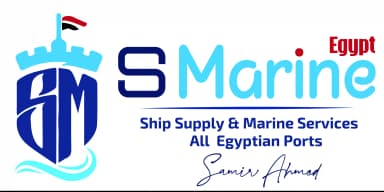
Year Founded: 1987
Year Founded: 1989
